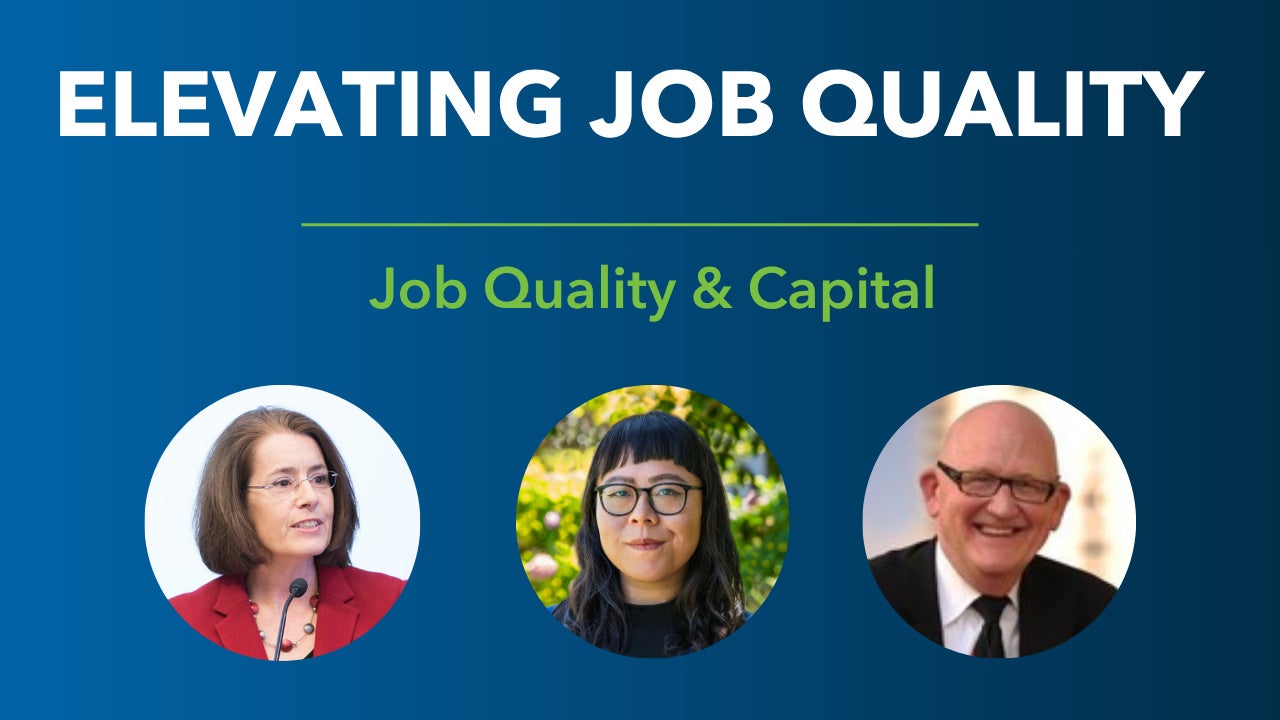The Future of Work Initiative is excited to launch the Gig Economy Data Hub (www.gigeconomydata.org), an online resource devoted to increasing understanding of the gig economy and its workers. This tool – developed in partnership with Cornell University’s ILR School – provides policymakers, journalists, researchers, gig workers, and the general public with accessible and comprehensive information about the scope and nature of independent work. Improved understanding of the size and composition of the gig economy and independent workforce is needed in order to develop policies that enhance their financial security and economic mobility.
Millions of Americans participate in the gig economy as ride-share drivers, Etsy sellers, house cleaners, dog walkers, website designers, freelance professionals, and more. But precise estimates of the size and growth rate of these types of alternative arrangements vary drastically, from less than one percent to over 30 percent of the workforce. A central challenge is that data are currently drawn from a wide range of sources that use different definitions of independent work. Some studies, for example, only consider online-platform work, such as work driving for Uber or Lyft, while others count any short-term work arrangement. The lack of consensus and inconsistent definitions create confusion, especially for those without the time or expertise to examine the various methodologies used by different studies.
The Data Hub seeks to consolidate, communicate, and clarify available data sources, including public, private, and academic research. It provides answers to basic questions about the size and makeup of the independent workforce, and also provides a database of available studies, equipped with search features and filters that help users find the best data for the questions they have. Users can also find links to published reports and publicly available datasets to engage in further research. The Data Hub is designed for a wide range of users interested in the gig economy, whether they are looking for a quick answer or in-depth analysis.
The Gig Economy Data Hub also includes a blog that will provide updates and analysis when new reports are released. The upcoming release of the Bureau of Labor Statistics’ 2017 Contingent Work Supplement (CWS) on June 7th will provide an opportunity for such engagement. The CWS, which measures contingent and alternative work arrangements in the U.S., will be the first release of government data on the topic since 2005.
With clearer information, policymakers can better design policies that reflect the changing nature of work. With the launch of the Data Hub, we look forward to furthering the conversation around innovative solutions to the challenges facing independent workers.

